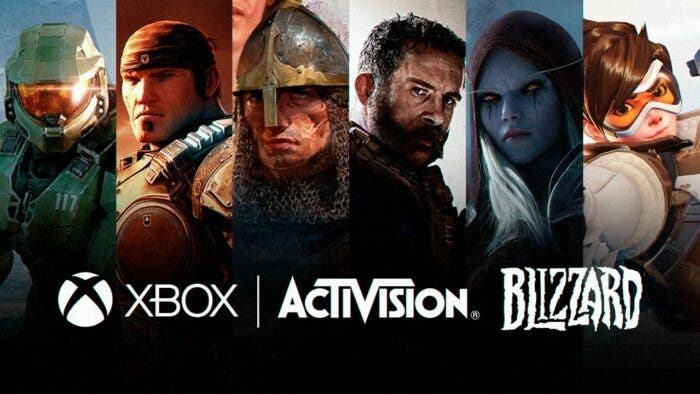The Federal Trade Commission (FTC) is locked in a bitter legal battle with Microsoft over its proposed acquisition of Activision Blizzard. This is not a simple deal. The rivals have serious reasons to think that once it happens, no one could outrun the Redmon company. In general, the outcome of this crucial legal battle will determine the direction of the gaming industry. Also, it could change the power dynamic between Microsoft and Sony. That’s why this is a hot topic nowadays. So we decided to conduct a little research to find where the roots of this historic merger go and why FTC is not able to make a decision.
Sony vs Microsoft
Jim Ryan, head of SIE, said in a recent interview that if Microsoft were to buy Activision, it would withhold important info about its upcoming platform from Activision. Ryan said there is a risk of a direct rival gaining access to secret data. He worried about losing the partnership that made PlayStation stand out. Microsoft rejected Sony’s claim that it would produce lower-quality Call of Duty games for the PlayStation.

In contrast, Microsoft claims that it has always lagged behind Sony and Nintendo in the console race. It admits that it is in third place in terms of console sales and revenue, prompting a strategic shift towards making money from games rather than hardware. Microsoft wants to become a serious rival to Sony and Nintendo. For this, it needs to control system prices and focus on the sales of games and accessories more.
Sony has sent documents and testimony to regulators, including the FTC, the European Commission, and the UK’s Competition and Markets Authority, to oppose the deal. As said, Sony is worried about Xbox getting exclusive games like Call of Duty and harming PlayStation versions of similar games. The Japanese firm is sure that once the deal is over, it would upset the balance of the games market and throw them into different banks.
Why Does FTC Think Like Sony?
Bethesda’s forthcoming game, Starfield, has also fanned the flames. Starfield, one of the most eagerly awaited Xbox exclusives, has the potential to impact Microsoft’s bid for Activision Blizzard. The FTC worries that angering gamers with exclusive games might sway lawmakers and solidify Microsoft’s market control.

The FTC’s case against Microsoft is based on concerns that it would withhold or degrade Activision’s content, manipulate prices, change access terms, or limit the number of titles on rival consoles, cloud gaming services, and multi-game subscription systems. Honestly, there is a risk. We mean Microsoft has used the same tactics when buying Bethesda.
On the other hand, Microsoft says that it always keeps its word and the best proof is its long-term Call of Duty contracts with Nintendo. We guess EU regulators took this into account and that’s why they approved the deal.
A key stage in the potential deal is the legal battle between Microsoft and the FTC. Depending on the result, the deal may either proceed or be halted by a preliminary court order. Microsoft would have to change its agreements with Activision Blizzard. What’s worse, it may have to pay a $3 billion termination fee if the deal can’t be completed by the deadline.
It All Begins
Beyond this acquisition, Microsoft and Sony are engaged in a competitive battle for control of the games market. The FTC plans to discuss Bethesda’s exclusive Xbox games as part of its case. It will focus on Sony’s complaints about Xbox game exclusivity. The arguments in court will be influenced by the testimony of prominent business figures such as Microsoft CEO Satya Nadella, Xbox head Phil Spencer and PlayStation head Jim Ryan.
The game industry is awaiting the outcome of the case. The verdict will affect the future of the agreement and competition in the gaming industry. Whether Microsoft wins or faces legal hurdles, the outcome will affect gamers, developers, and the gaming industry as a whole.





